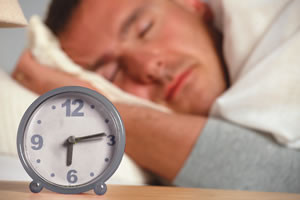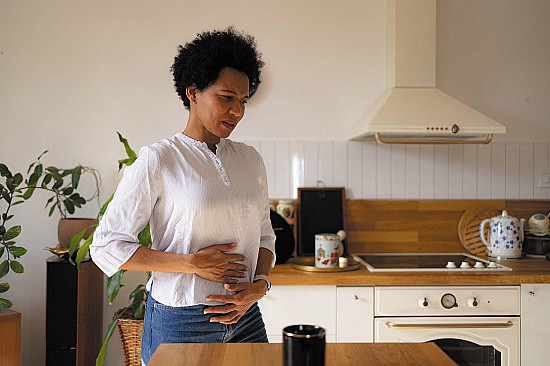Improve sleep by eating right

When it comes to your ability to get a good night's sleep, your diet may play a role. Go to bed hungry, and you'll likely have trouble falling asleep. Eat a large meal, and afterward you may feel like dozing off. "There's proof that stomach distention makes you sleepy after a meal, although it's a mild effect and it's not influenced by particular foods," says sleep expert Dr. Lawrence Epstein, an instructor at Harvard Medical School.
To continue reading this article, you must log in.
Subscribe to Harvard Health Online Plus (HHO+) to unlock expert-backed health insights, personalized tools, and exclusive resources to feel your best every day.
Here’s what you get with your HHO+ membership:
- Unlimited access to all Harvard Health Online content
- 4 expertly curated newsletters delivered monthly
- Customized website experience aligned to your health goals
- In-depth health guides on topics like sleep, exercise, and more
- Interactive features like videos and quizzes
- Members-only access to exclusive articles and resources
I’d like to subscribe to HHO+ for $4.99/month to access expert-backed content to help make smart, informed decisions about my well-being.
Sign Me UpAlready a member? Login ».
Disclaimer:
As a service to our readers, Harvard Health Publishing provides access to our library of archived content. Please note the date of last review or update on all articles.
No content on this site, regardless of date, should ever be used as a substitute for direct medical advice from your doctor or other qualified clinician.















